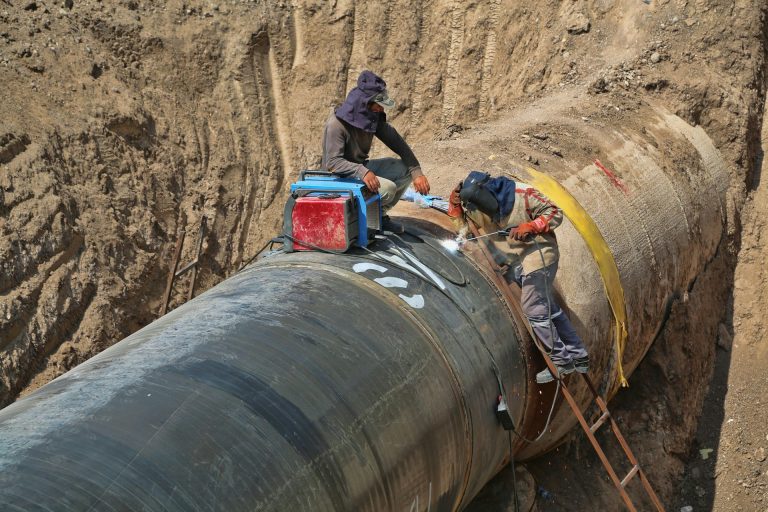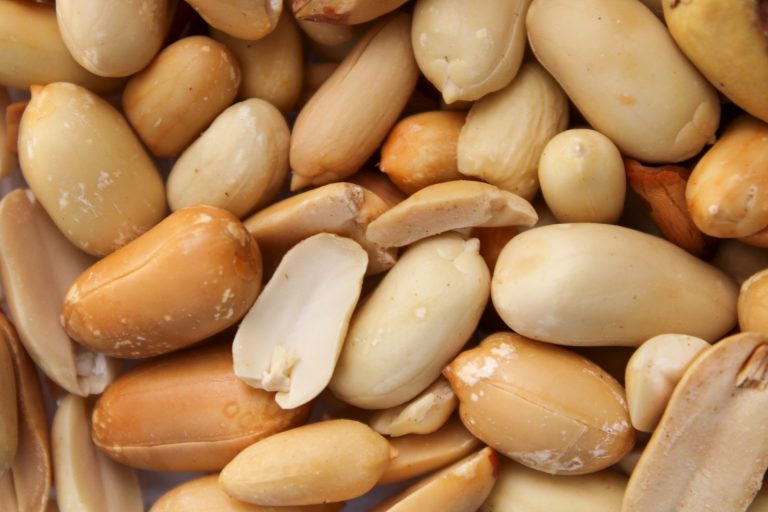- Ghana aims for over 800,000 metric tons of cocoa next season, complying with EU deforestation-free requirements
- Advanced monitoring systems and regional standards enhance sustainability and traceability in cocoa production.
Accra, Ghana – Ghana is targeting a boost in cocoa production to over 800,000 metric tons for the next season, while the Cocoa Board (COCOBOD) works to comply with the European Union’s deforestation-free product requirements set for December 30, 2024.
These efforts represent significant steps towards more sustainable and transparent cocoa supply chains, balancing environmental protection with the economic needs of cocoa-growing communities.
Innovative Monitoring and Management Systems
In a statement to Allen Dreyfus on Tuesday, COCOBOD detailed its implementation of an advanced deforestation monitoring system for the cocoa sector, crucial for financing from the 2024/25 season onwards.
The Deforestation Risk Assessment Module (DRAM), integrated into COCOBOD’s Cocoa Management System (CMS), uses cutting-edge technology, including satellite imagery and advanced algorithms, to detect changes in forest cover in cocoa-growing regions in real-time.
This system identifies high-risk deforestation areas, allowing for proactive intervention and linking deforestation risks with specific farms and farmers to enhance traceability and policy enforcement.
“Our Deforestation Risk Assessment Module is a game-changer in our fight against deforestation. It will ensure that cocoa from Ghana is deforestation-free, meeting both our national commitments and the expectations of the global market,” says COCOBOD.
Combating Deforestation
Cocoa production has been linked to significant deforestation in major producing areas, particularly in West Africa. Ghana and Côte d’Ivoire, which produce more than half of the world’s cocoa, have lost 65% and 90% of their forest cover respectively since 1950.
Recent industry reports highlight the urgency of addressing this issue. The 2023 annual Trader Assessment by the Retailer Cocoa Collaboration (RCC) shows improvements in traceability, but significant gaps remain, especially in indirect supply chains.
“By linking deforestation monitoring with our broader cocoa management system, we can address this issue more effectively,” the sector regulator added. “It’s not just about identifying problems, but about providing solutions that work for our farmers and our forests.”
Implementing African Regional Standards
In a related initiative, Ghana is implementing the African Regional Standard (ARS) for cocoa, addressing economic, social, and environmental aspects of cocoa production, including deforestation, climate change, child labour, and farmer capacity building.
“The African Regional Standard is our response to the global call for sustainable cocoa production. It’s a homegrown solution that considers our unique cultural, traditional, and legal contexts while meeting international sustainability requirements,” COCOBOD stated.
The ARS provides a framework for addressing sustainability concerns, particularly in indirect supply chains where certification coverage has been lacking. It emphasises traceability, quality assurance, and environmental protection while focusing on improving farmer livelihoods.
“By implementing the ARS, we’re not just meeting international standards – we’re setting them,” the cocoa regulator said. “This standard reflects our commitment to producing cocoa that is not only of the highest quality but also ethically and sustainably produced.”
These initiatives come as the cocoa industry faces increasing scrutiny over its environmental impact. The EU’s upcoming deforestation-free product requirements and the UK’s Forest Risk Commodities regulations will mandate that all cocoa brought to their markets is legally produced and proven deforestation-free. Non-compliance can result in fines of up to 4% of a company’s EU turnover.
Challenges and Optimism in Cocoa Production
Ghana’s cocoa industry faced a challenging 2023/24 season, with output dropping to a 22-year low due to extreme weather and disease. COCOBOD plans to increase production from the 2024/25 season onwards, aiming to return 40,000 hectares of rehabilitated farms to their owners next month. Although helpful, these young farms cannot be heavily relied upon.
The Cocoa Swollen Shoot Virus Disease (CSSVD) has ravaged over 500,000 hectares of cocoa farms, posing a major threat to the industry. Additionally, illegal mining and climate change have further impacted cocoa productivity.
The 2023/24 cocoa harvest in Ghana was between 422,500 to 425,000 metric tons, half of the country’s initial forecast. Similar challenges affect Ivory Coast and Nigeria, leading to a global cocoa deficit expected to extend into 2023/24.
Despite these challenges, there is optimism for a rebound. COCOBOD has indicated that Ghana’s cocoa output is expected to rebound to over 800,000 metric tons next season due to better weather conditions and rehabilitated farms. To finance the 2024/25 cocoa purchases, COCOBOD plans to borrow up to US$1.5 billion by September.











